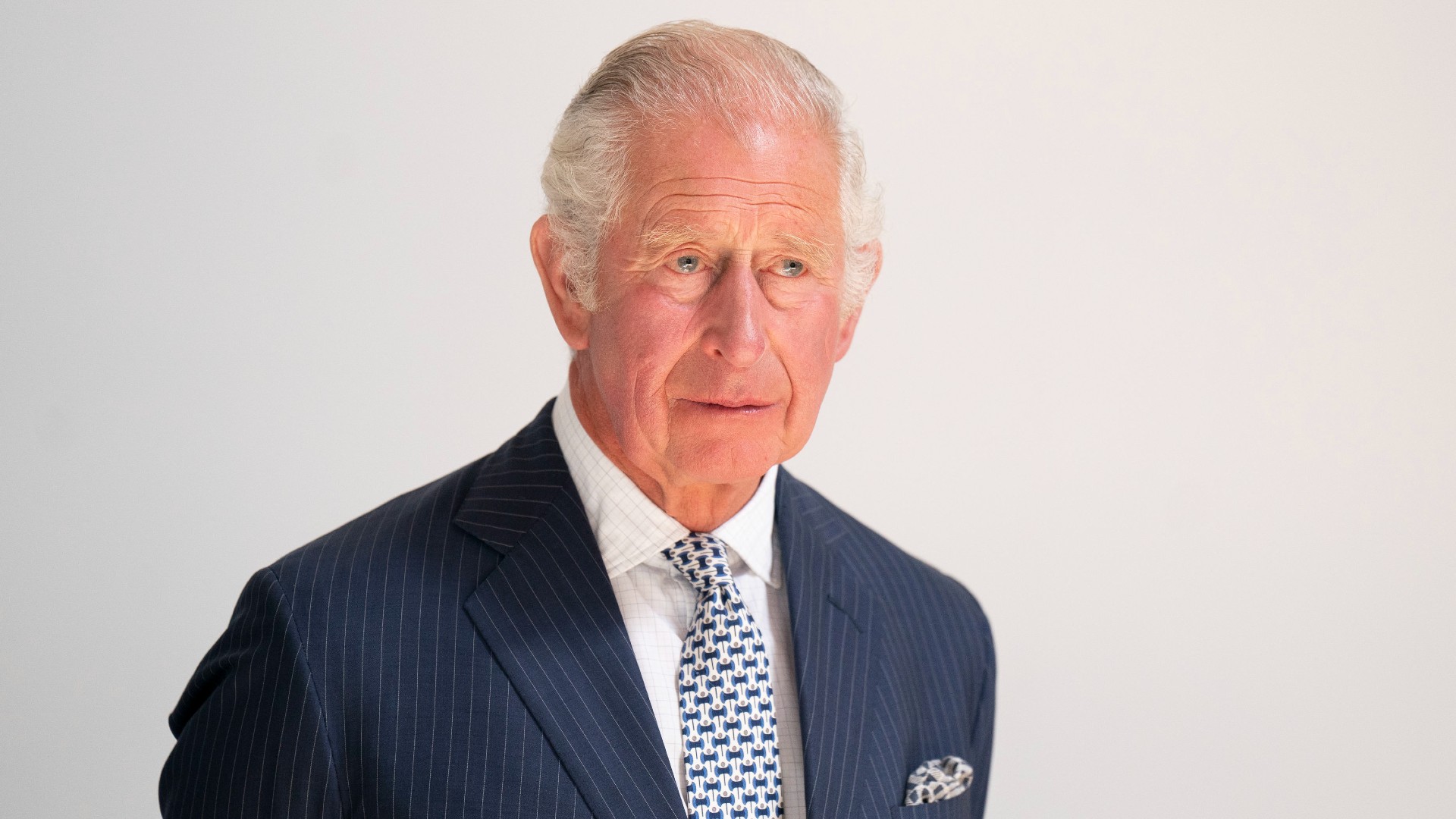Will Prince Charles Choose to Be King Charles III, or Will He Use Another Name?
Sources say he could opt to become King George VII because of \201cnegative connotations\201d surrounding the last two men known as King Charles.


Update, 9/8: The Queen has passed away peacefully at her home in Balmoral at the age of 96. Following her death, her eldest son, Charles, automatically ascended to the throne. It was rumored that he might take on George as his regnal name (more on that below), but his office, Clarence House, has confirmed that he will instead go by King Charles III.
Original story: When Queen Elizabeth ascended to the throne in 1952, she was asked what her regnal name would be. (For example: Her father, King George VI, was named Albert and often affectionately called “Bertie.”) But for the new queen, the answer was simple: “My own, of course,” she said. And "Queen Elizabeth II" was born.
That said, when Prince Charles takes the throne, he may not choose to become King Charles III, the Mirror reports. This is thanks to the “negative connotations” brought on the name thanks to his two predecessors, King Charles I and King Charles II; because of this, “while you might assume that he will one day become King Charles, there is a chance that he would end up being called a different name entirely,” the outlet reports.
Charles’ full name is Charles Philip Arthur George, and he could opt to use any of those four names as his regnal name, the Mirror says. But, in particular, George stands out as a contender, thanks to his grandfather King George VI and his great-grandfather before him, King George V. Sources close to the prince previously claimed he was considering becoming King George VII when he ascends to the throne.
“Normally royal children have two or three names,” said former royal butler Grant Harrold, speaking to Studio 10 in 2005. “The reason is, if possibly that child was to become a king or queen, they have to have a kind of pool to choose from. For example, Prince Charles, if and when he becomes king, would be—people assume he would be Charles III. But he could technically be George VII because George is in his name.”
Some royal experts have claimed that Charles will choose to become King Charles III because, as the longest-serving heir to the throne in history—73 years and counting—to change course at this point would be strange. But some other royal experts maintain that the pair of Charleses that did the job before him might have sullied the regnal name.
Charles I, who took the throne in 1625, dismissed Parliament three times and resolved to rule alone four years later, the Mirror says. He reigned without a Parliament for more than a decade, a period which was called “11 years’ tyranny.” Then, following two civil wars, Charles was tried and convicted of being a “tyrant, traitor, murderer, and public enemy to the good people of the nation” and was beheaded for treason on January 30, 1649. Yikes.
Get exclusive access to fashion and beauty trends, hot-off-the-press celebrity news, and more.
His son, Charles II, lived in exile until he was crowned king in 1661. Though this Charles was popular and called “the Merry Monarch”—changing laws brought in by Oliver Cromwell and allowing people more freedom to enjoy themselves—he was also controversial in his own way, fathering at least 14 illegitimate children.
And, while the Mirror says “it is unlikely Prince Charles will want to take on the moniker,” we won’t know his decision until he makes a formal statement.

Rachel Burchfield is a writer, editor, and podcaster whose primary interests are fashion and beauty, society and culture, and, most especially, the British Royal Family and other royal families around the world. She serves as Marie Claire’s Senior Celebrity and Royals Editor and has also contributed to publications like Allure, Cosmopolitan, Elle, Glamour, Harper’s Bazaar, InStyle, People, Vanity Fair, Vogue, and W, among others. Before taking on her current role with Marie Claire, Rachel served as its Weekend Editor and later Royals Editor. She is the cohost of Podcast Royal, a show that was named a top five royal podcast by The New York Times. A voracious reader and lover of books, Rachel also hosts I’d Rather Be Reading, which spotlights the best current nonfiction books hitting the market and interviews the authors of them. Rachel frequently appears as a media commentator, and she or her work has appeared on outlets like NBC’s Today Show, ABC’s Good Morning America, CNN, and more.